Members |
|
| Davide Cammarano has 20 years of experience in agronomy research. His focus includes precision agriculture, application and development of crop models, remote sensing, climate change impacts and adaptation in agriculture. He is a Professor of Environmental Crop Science at the Department of Agroecology, Aarhus University, Denmark. He is the Chief Editor of Precision Agriculture and part of the Editorial Board of the European Journal of Agronomy. Davide has accepted to join the scientific committee because he is excited to provide feedback on how digital technologies can aid agronomic management. |
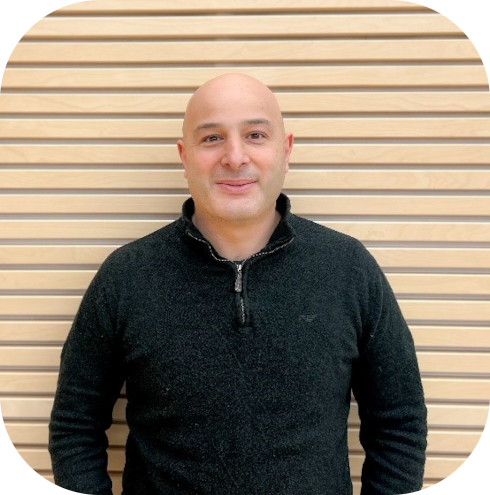 |
| Antonio Delgado is professor of agronomy in the University of Sevilla and 25 years ago he undertook the task of contributing to the sustainable use of resources in agriculture. Between other editorial commitments, he was associate editor in chief of the European Journal of Agronomy (2014-2021). He was also president of the ESA (2018-2020). Antonio accepted the compromise of being part of the scientific committee of this congress because he feels strongly connected with the ESA community. |
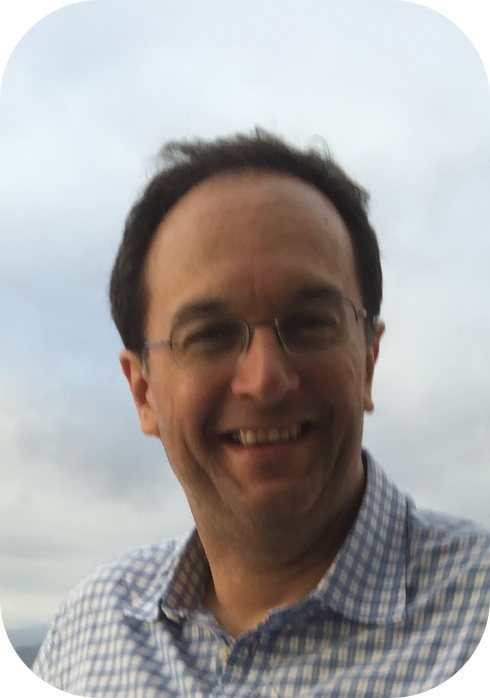 |
| Sara Hallin holds the chair in Soil Microbiology at the Swedish University of Agricultural Sciences in Uppsala since 2012. She does research in microbial ecology, especially microbes involved in nitrogen cycling, based on experimental work in the field and the lab, as well as in silico studies using large-scale genomic and metagenomic data. As part of the scientific committe, she wants to highlight the importance of microbes for soil health, fertiliity of agriculatural soils and their role in climate regulation. |
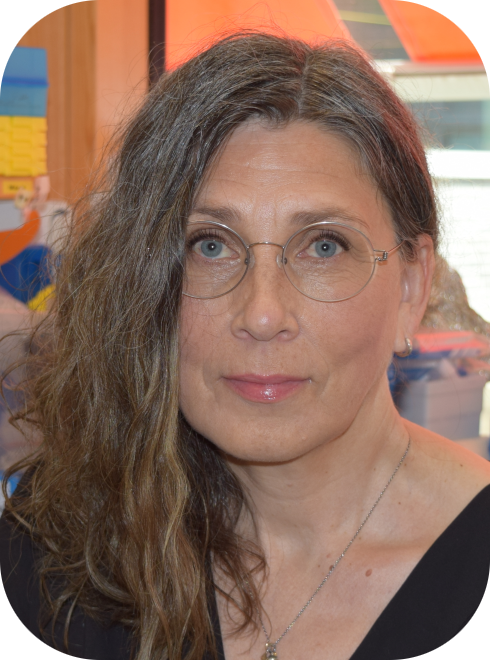 |
| Karel Klem's research focuses on the impacts of climate change on agriculture, adaptation, and mitigation, particularly through regenerative agriculture approaches. Since 2009 he has been working at Global Change Research Institute CAS and he leads the Domain of environmental effects on terrestrial ecosystems. He also teaches Crop ecophysiology and Precision agriculture at the Mendel University in Brno. Since 2022 he has been leading the Interface and Synthesis Centre of AnaEE ERIC. |
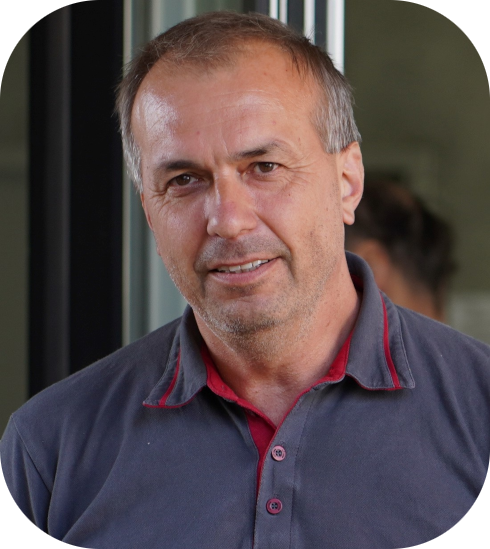 |
| Édith Le Cadre (Chair) (edith.lecadre@institut-agro.fr) has 20 years of experience in agronomy and environmental research. She is the former Head of the Plant Sciences for Agriculture and Horticulture Department at the Institut agro Rennes Angers. Trained as a geochemist, she has developed a strong interest in plant-soil interactions and plant functional ecology and international collaborations. Edith's research expertise includes soil resilience after extreme weather events, nitrogen and phosphorus cycles, and determining the rhizosphere effect in various agroecological systems such as intercropping and agroforestry. She has accepted the position of president of the European Society for Agronomy's scientific committee and is excited to welcome all attendees to Rennes to build a network and promote new young scientific leaders. |
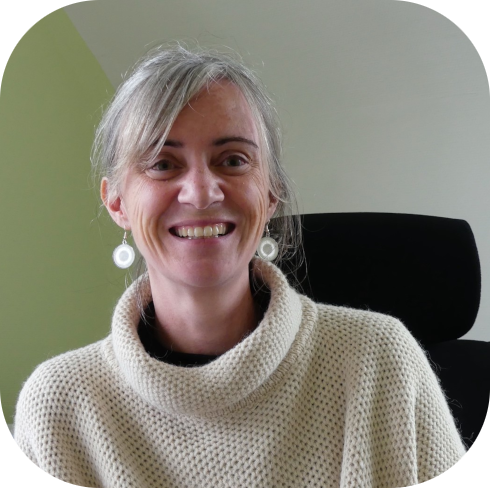 |
| Evelin Loit-Harro has been developing the agronomic education and research in Estonia since 2011. Her research focuses on the organic and conventional agri-food systems while linking the management with the food security, climate change and genetics. She has knowledge in primary production of main crops (cereals, potato, legumes) and grasslands and she also has experience in analyzing gene expression levels in field crops. Evelin has accepted to join the scientific committee, because she is passionate about agronomy and feels that it needs to be more valued in the society. |
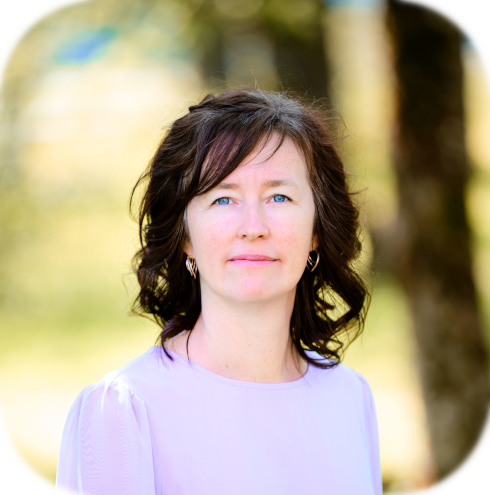 |
| Elisa Marraccini has 13 years of experience in agronomy research, in French and Italian labs. Since 2021, she an associate professor at the University of Udine (Italy), where she is in charge of the BSc and MSc in agricultural sciences and actively involved in projects on agro-ecological and digital transitions. Her research expertise includes landscape agronomy and participatory approaches. Elisa has accepted to join the scientific committee to contribute to the most important EU event for her scientific community. |
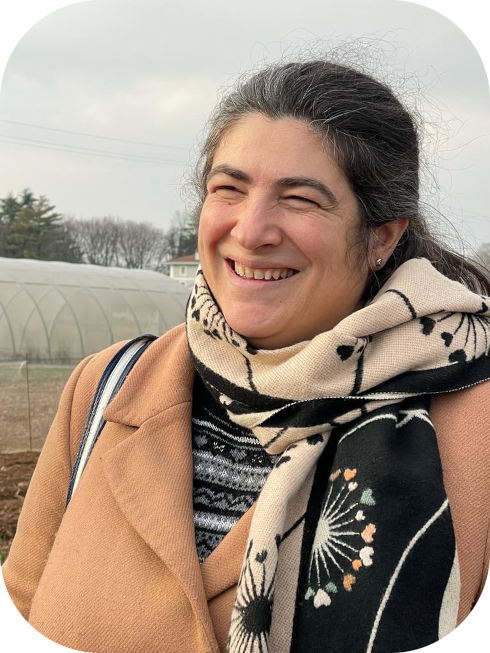 |
| A studied geo-ecologist, Claas Nendel leads research on data analysis and simulation“ at the Leibniz Center for Agricultural Landscape Research in Müncheberg, Germany, and at the University of Potsdam. He works on applied integrated modelling of water, nitrogen and carbon dynamics in agroecosystems, in particular on the carry-over effect within crop rotations and the consequences for yield across scales, using remote and proximal sensing to inform models. |
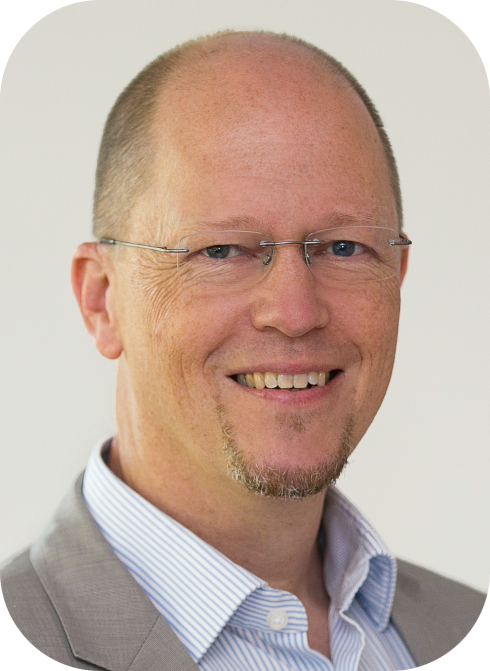 |
| Bruno Rapidel is an agronomist at CIRAD with experience in agroforestry systems with perennial crops (mainly coffee, but also cocoa), in Central America for 15 years, at CATIE. He has knowledge of the provision of ecosystem services (water status, erosion, soil fertility maintenance) and agroforestry system design. He is currently director of a mixed research unit on Biodiversified Agrosystems, ABSys (CIRAD-INRAE-L'institut Agro Montpellier). |
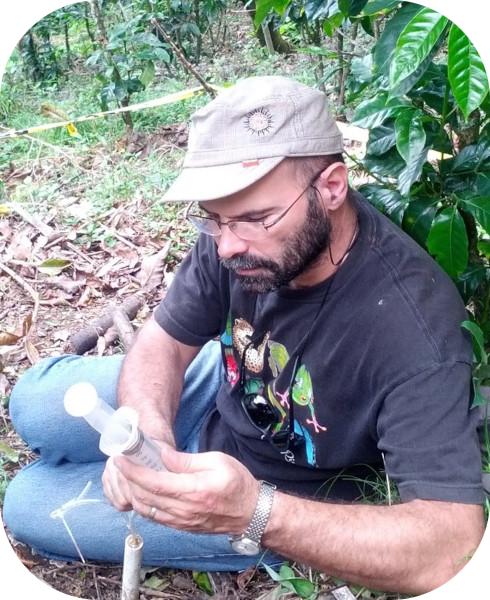 |
| Masahiro Ryo is leading the artificial intelligence (AI) group at the Leibniz Centre for Agricultural Landscape Res earch (ZALF) and professor of environmental data science at Brandenburg University of Technology. His research interests are on the intersection of AI, biodiversity, and agriculture. In particular, his group works on interpretable machine learning and deep learning with computer vision and language. His ambition is to practically address societally important agendas relevant to agroecosystem monitoring and assessment with the power of advanced AI techniques, citizen science, and stakeholder engagement. |
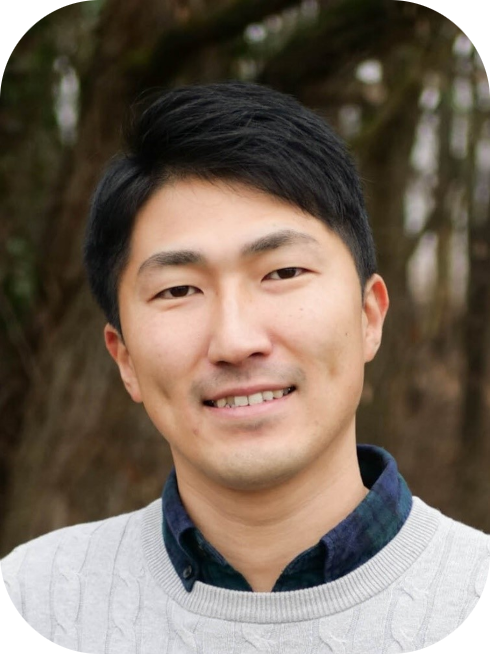 |
| Enli Wang has 30 years of experience in agronomy research. He is a Chief Research Scientist at CSIRO in Australia. His research is focused on simulating soil-plant systems and modelling genotype x environment x management interactions (GxExM) to assess productivity and environmental impact of farming systems. Enli has accepted the invitation to join the scientific committee, bringing his expertise to enhance the academic rigor and practical relevance of the conference. |
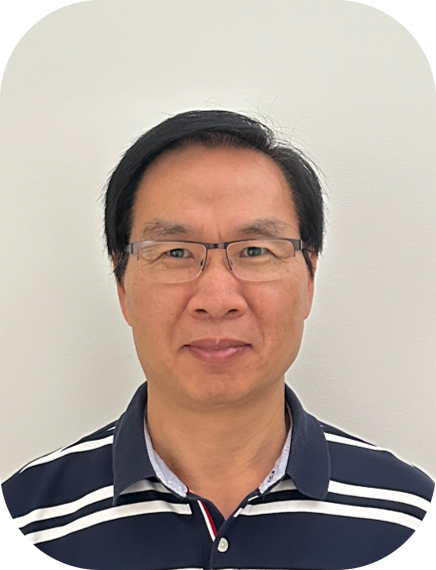 |
| Ariani Wartenberg has 12 years of research experience on agroecology, agroforestry and soil science. She is currently a researcher in the “Provisioning of Ecosystem Services in Agricultural Systems” group at the Leibniz Institute for Agricultural Landscape Research (ZALF). Her expertise includes applying field-based and digital methodologies to quantify impacts of agricultural land-use on ecosystem services, and the integration of social and ecological perspectives. Ariani has accepted to join the scientific committee to contribute to an inspiring conference agenda, with an eye towards supporting a relevant and forward-looking approach for European agronomy. |
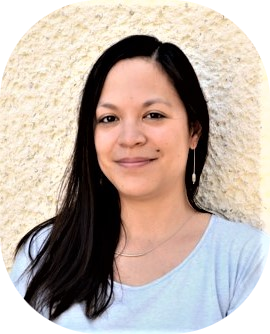 |
| Christine Watson is Professor of Agricultural Systems at SRUC, UK and a guest professor at the Swedish University of Agricultural Sciences. Her research interests focus on the develop of resilient agricultural systems with a particular focus on nutrient cycling and soil health. She is excited about the ability of the European Society for Agronomy to capitalize on the long-term agronomic experiments we have in Europe. |
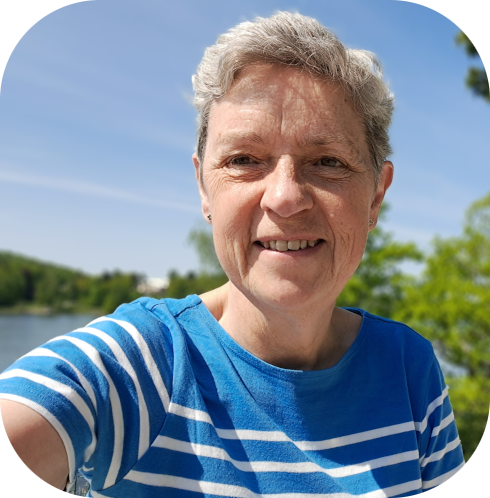 |
Last update: 2024-05-28, 09:20

